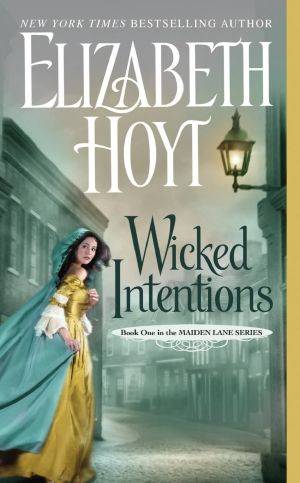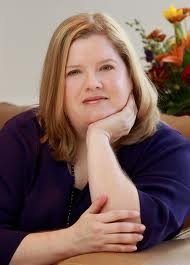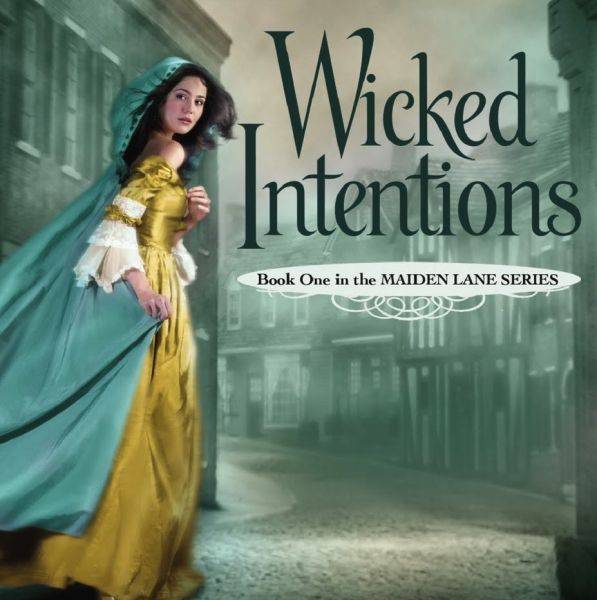 I once tried out for a musical titled The Best Little Whorehouse in Texas. Having grown up in the theatre, I believed that the hardest role for me, as a somewhat conservative person, would be a whore. I wanted to challenge myself; whoredom was my next step.
I once tried out for a musical titled The Best Little Whorehouse in Texas. Having grown up in the theatre, I believed that the hardest role for me, as a somewhat conservative person, would be a whore. I wanted to challenge myself; whoredom was my next step.
Well, I got a part. And… I was cast as the virgin. Yep. I’m hoping this says more aboutmy apparent sexual repression than my acting chops. I mention all of this because, true or not, I guess I’ve always been seen as somewhat of a prude.
This brings me to my secret shame: romance novels. Even if I wasn’t embarrassed to read them because of my so-called prudish nature, I’ve always felt I should be embarrassed because I’m an English teacher, damn it! I can’t be seen in public reading about pulsating members and heaving bosoms.
Well, too bad. Years ago, my fellow English teachers introduced me to the world of Nora Roberts, and I loved it. I went from Nora Roberts to Jill Shalvis, Susan Elizabeth Phillips, Nancy Martin, and Jennifer Crusie. And I’m not sorry. Yes, I’m making my way through the MLA’s Top 100 Novels, but I’ve also read around ten romance novels per year since 2009. I may not have enjoyed Heart of Darkness, but I sure do enjoy every romance novel I read. Like a good man, they never let me down.

I jumped at the opportunity to review a book by local author Elizabeth Hoyt precisely for this reason. Romance novels are fun, and I had never read a historical romance before. Hoyt’s novel Wicked Intentions takes place in 18th Century London, in the seedy St. Giles district. The novel’s protagonist, widowed Temperance Dews runs theHome for Unfortunate Infants and Foundling Children with her brother, bachelor Winter Makepeace. After the death of the patron who kept their home running, Temperance and Winter are forced to find a new benefactor.
Enter Lord Caire, who has a reputation for his “unusual” sexual interests (spoiler alert: bondage). Caire enlists Temperance’s help to find his former mistress’s murderer. In return, Caire agrees to escort Temperance to society functions so that she might find a new patron for her foster home.
Hoyt seems to take a lot of care with her characters, and each of the main characters has a distinct personality and voice. Even secondary characters, such as Temperance’s maid, Nell, became familiar.
There’s also another layer to the novel. Each chapter begins with an allegory from the fictional story of King Lockedheart and a maid named Meg. Perhaps the best feature of the novel, though, in addition to its entertainment value, is Hoyt’s diction. Her word choice is period appropriate and sophisticated. If there were historical inaccuracies, they weren’t glaring enough for me to look up.
The bottom line is that this is an entertaining book. It is well-written, and it has an appropriate amount of suspense, not to mention the SEX. Romance novels are receiving a lot more respect than they used to, with National Public Radio recommending romance novels for summer to Princeton University hosting a conference on Romance Fiction and Culture. But I don’t need NPR and Princeton to tell me that it’s okay to read romance novels. If they’re as well-written as Wicked Intentions, then reading them isn’t anything to be ashamed of after all.








